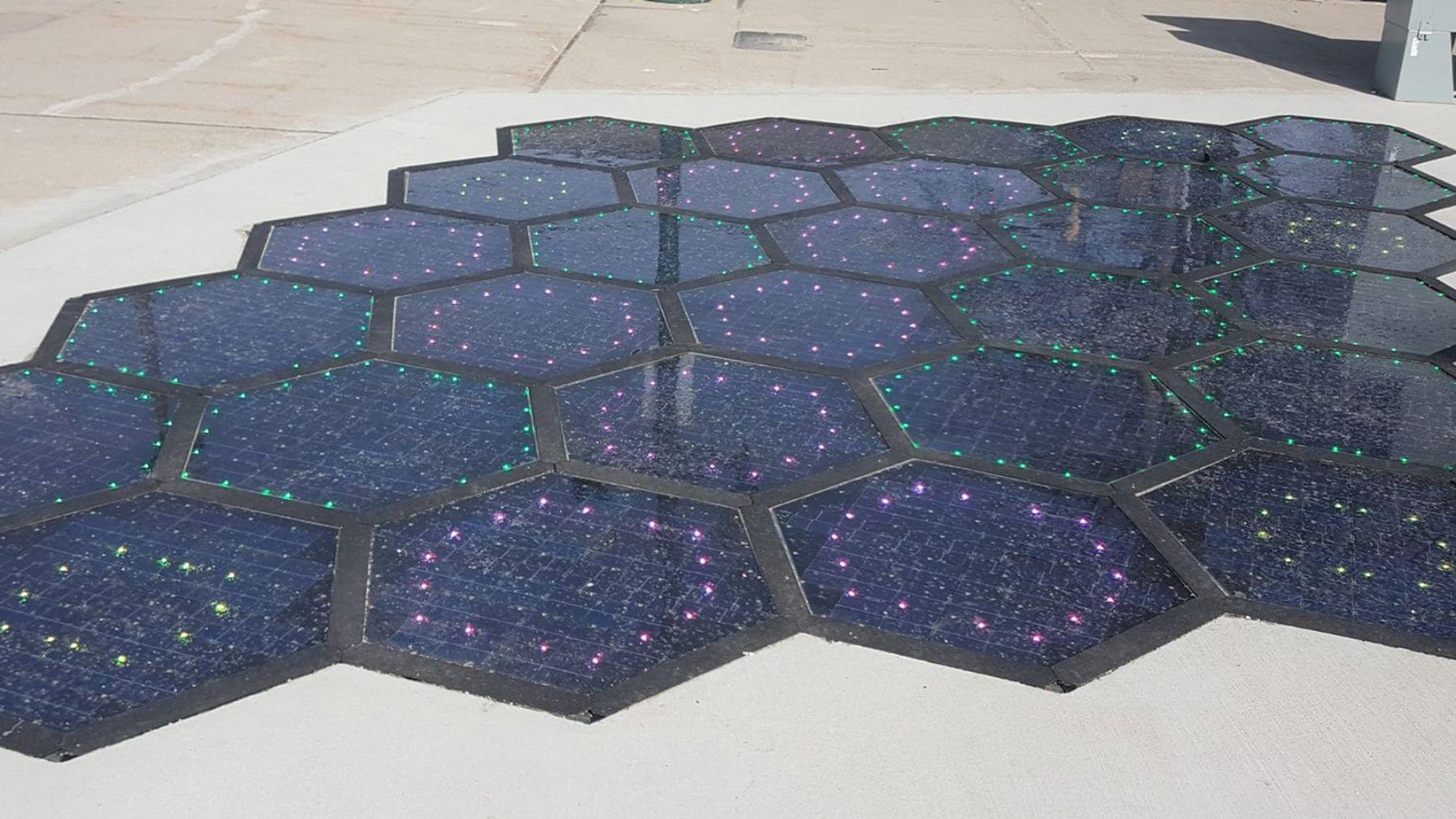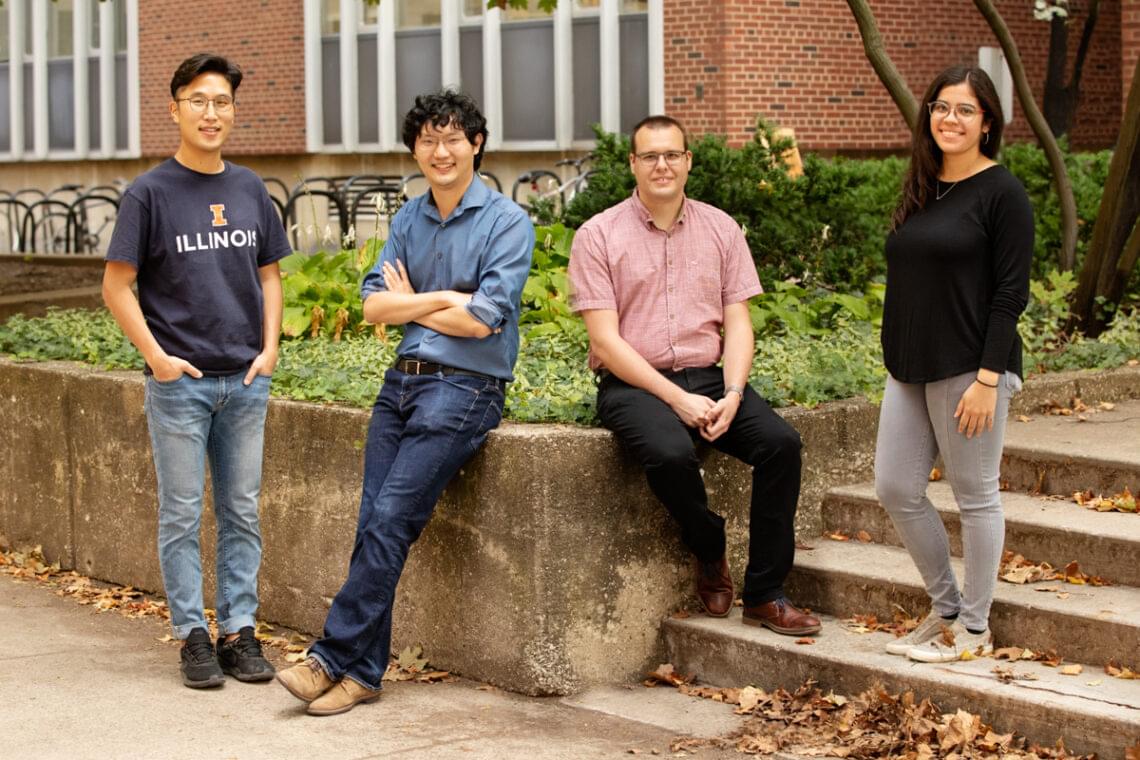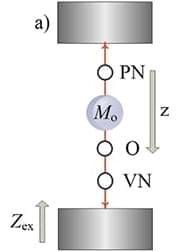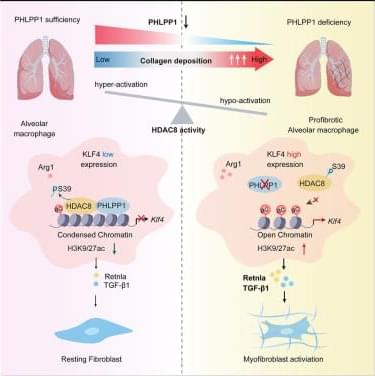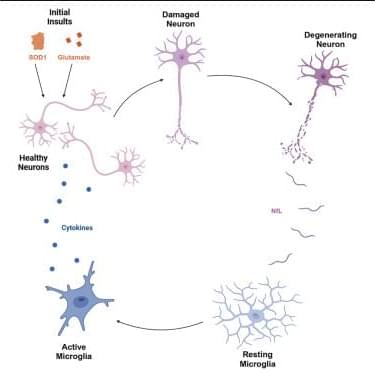Water Gamayun exploited CVE-2025–26633 to deploy SilentPrism, DarkWisp, and stealers with persistence.


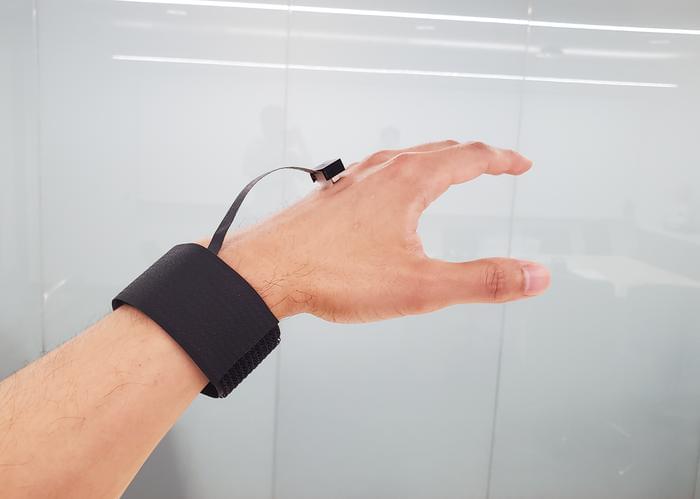

Most job candidates know to dress nicely for Zoom interviews and to arrange a professional-looking background for the camera. But a new Yale study suggests they also ought to test the quality of their microphones.
A tinny voice caused by a cheap mic, researchers say, could sink their chances.
Through a series of experiments, the study demonstrates that tinny speech—a thin, metallic sound—during video conferences can have surprisingly deep social consequences, leading listeners to lower their judgments of a speaker’s intelligence, credibility, and romantic desirability. It can also hurt an individual’s chances of landing a job.

These nano-PeLEDs feature pixel lengths as small as 90 nanometers, enabling an unprecedented pixel density of 127,000 pixels per inch (PPI). For comparison, a typical 27-inch 4K gaming monitor has a pixel density of just 163 PPI.
“Making electronic devices smaller is an everlasting pursuit for scientists and engineers,” said Professor Di Dawei, Deputy Director of the International Research Center for Advanced Photonics at Zhejiang University.
He explained that while micro-LEDs based on III-V semiconductors are considered state-of-the-art, their efficiency drops sharply when pixel sizes fall below 10 micrometers – a limitation that has hindered their use in ultra-high-resolution displays.
